

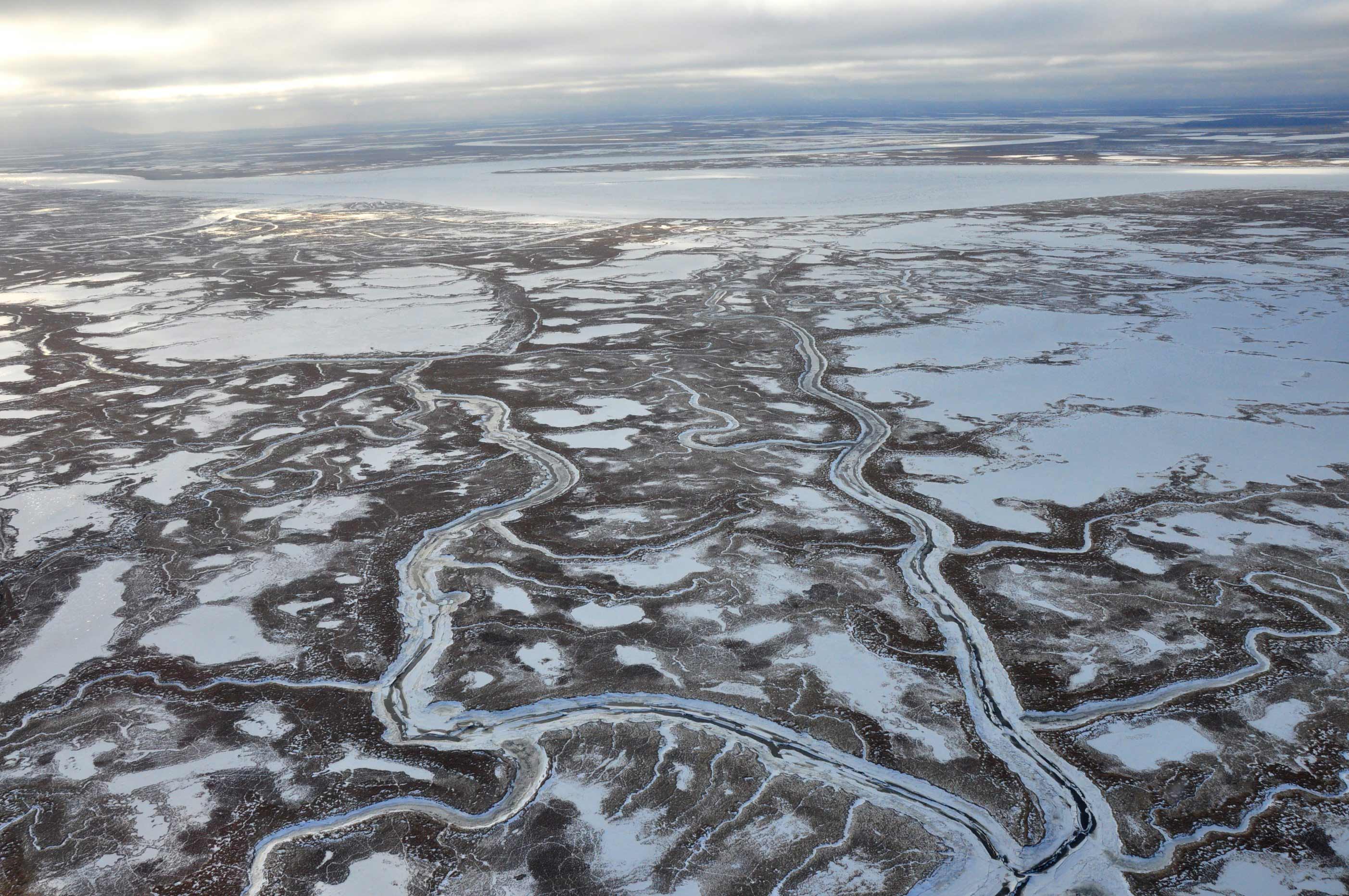
2525 Blueberry Road, Suite 205
Anchorage, Alaska 99503
(907) 338-7611
taa@ugashikvillage.com
Ours is a Village whose residents appreciate the freedom and health that come to us as a result of living in this peaceful, quite, subsistence community. Recreational opportunities are limitless. We are supported by a strong commercial fishing industry, and both private and tribally-owned businesses that provide job opportunities for every family. Our clean and beautiful natural environment, the slow pace, and a strong sense of community spirit provide our community a home that could only be found in Ugashik, Alaska.
Tribal Members! Please remember to contact the UTV office if you have moved - we need your current address and phone number! You can contact the office by email: utvadmin@ugashikvillage.com or call the office at: 907-338-7610
If you would like to join our tribe we do have requirements when determining eligibility status of members such as you don’t belong to another native affiliation, you can show proof of a C.I.B. and last we need a have a copy of your birth certificate. Once you qualify you may be eligible for programs Ugashik offers to members, please don’t hesitate in contacting our office.
Alaska Regional Office Bureau of Indian Affairs 3601 C Street Suite 1100 Anchorage, AK 99503-5947 Telephone: 907-271-1734 Toll Free: 1-800-645-8465 Fax: 907-271-1349
Juneau Office Bureau of Indian Affairs PO Box 21647 709 West 9th Street Juneau, AK 99802 Telephone: 907-586-7177 Toll Free: 1-800-645-8397 Telefax: 907-586-7252
Yup'ik Eskimos and Aleuts jointly occupied the area historically. This Aleut village was first recorded in 1880 as "Oogashik." In the 1890s, the Red Salmon Company developed a cannery, and Ugashik became one of the largest villages in the region. The 1919 flu epidemic decimated the population. The cannery has continued to operate under various owners. The Briggs Way Cannery opened in 1963. The village has a small year-round population.
The Ugashik-Peulik volcanic complex lies south of Becharof Lake and east of Upper Ugashik Lake. Late-Pleistocene caldera formation at Ugashik volcano was followed by the emplacement of at least 5 Holocene lava domes within the 4.5-km-wide caldera. Most of the caldera walls consist of basement sandstones of Jurassic age. Following caldera formation the small, 3 cu km Peulik stratovolcano grew 2.5 km to the north to a height of 1474 m, more than 500 m above that of Ugashik. Lava flows from Peulik cover the caldera rim to the south and extend to Becharof Lake, 6 km to the north. A small lava dome at 1200 m elevation on the east flank of Peulik was the source of a small block-and-ash flow. The summit of Peulik volcano contains a 1.5-km-wide crater breached to the west that is partially filled by a lava dome. Debris-avalanche deposits cover a 75 sq km area to the NW. A single documented historical eruption took place from Peulik volcano in 1814.
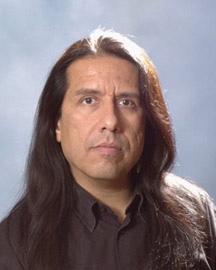
Steven Wounded Deer Alvarez
UTV Tribal Administrator
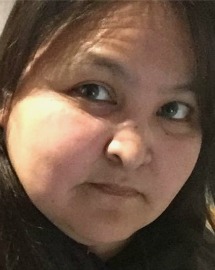
Clementine Shangin
Tribal Administrator Assistant

Dolli Enright
IGAP Assistant

Maurice Enright
BBEDC Liaison
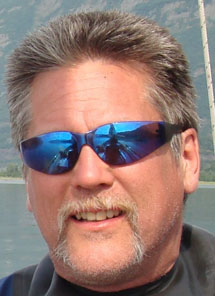
Larry Carmichael
IGAP Coordinator
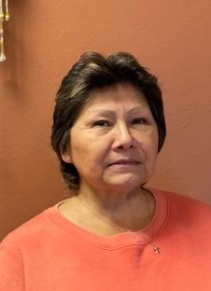
Betti Malagon
Finance Manager
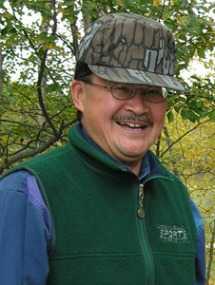
President
Fred Matsuno

Vice President
Hattie Albecker

Secretary
Julie Gaumond

Treasurer
John Hagen

Member at Large
Daniel Pingree, Jr.
UGASHIK TRADITIONAL VILLAGE
MONTHLY CONCIL MEETING AGENDA
Date: May17, 2025 Time: 9:00 AM Alaska Time
Place: Zoom Meeting - https://us06web.zoom.us/j/87143885830?pwd=YnyhaUqDGi5ZkQ4KGLYxdNa0RZir4U.1
Meeting ID: 871 4388 5830 Passcode: 743975
Find your local number: https://us06web.zoom.us/u/km22sTOav
|
|
council Meeting Minutes-2023/2024/2025You can easily access the meeting minutes by clicking on the
"MONTH meeting minutes" below!
The 2022 minutes have been archieved, if you'd like a copy, please contact the UTV office
2023 2024 2025
January meeting minutes January meeting minutes January 2025 meeting minutes
February meeting minutes February meeting minutes February 2025 meeting minutes
March meeting minutes March meeting minutes 2024 Annual Meeting Minutes
April meeting minutes April meeting minutes March 2025 meeting minutes
May meeting minutes May meeting minutes April 2025 meeting minutes
No meeting in June
July meeting minutes No meeting in July
June 2023 Annual Meeting Minutes, approved August 2024
August meeting minutes
September meeting minutes September meeting minutes
October meeting minutes October meeting minutes
December meeting minutes December 2024 meeting minutes
email: taa@ugashikvillage.com or phone: 907-338-7611
The new equipment building has been completed as of the end of September 2023!![]()
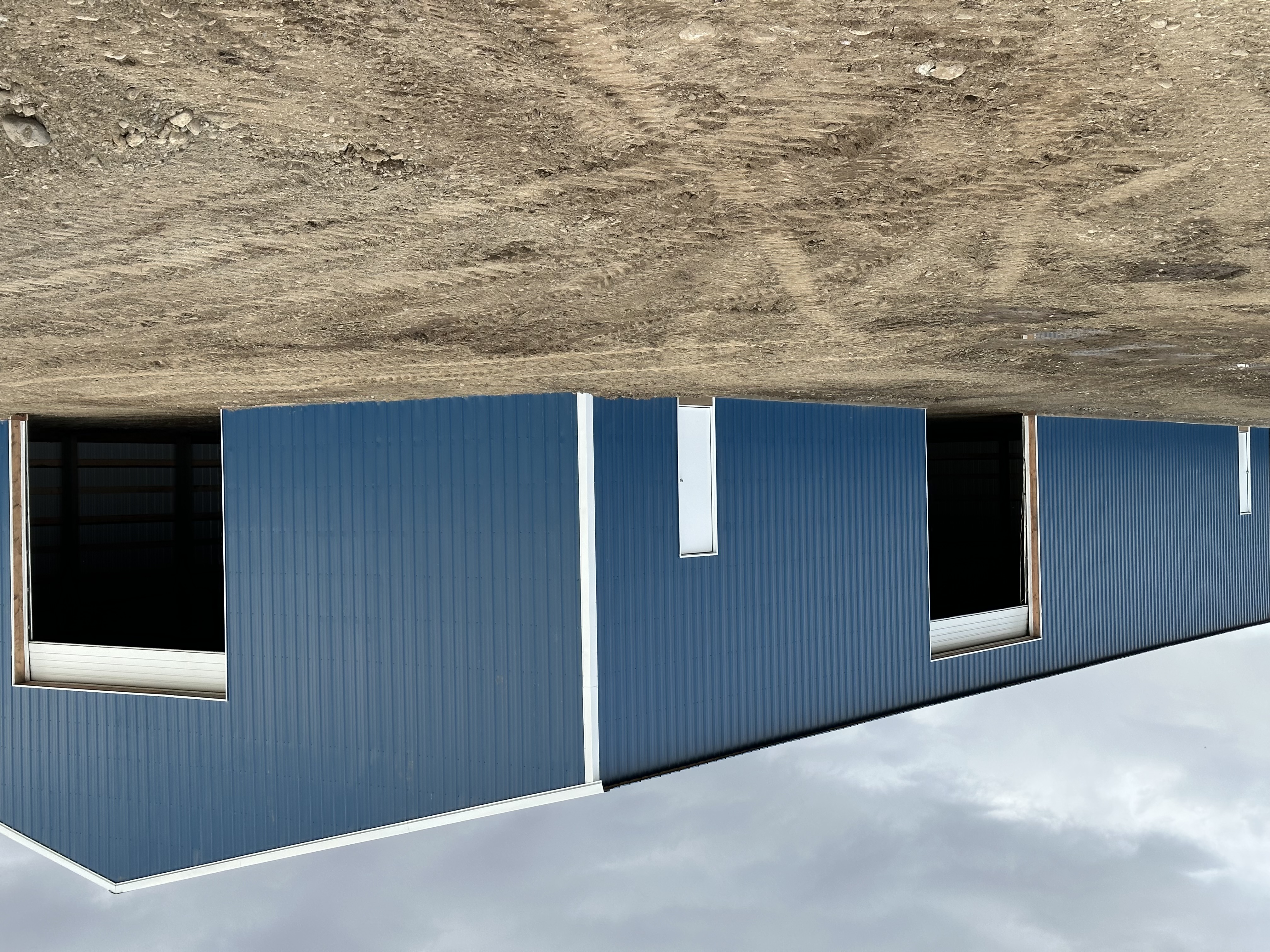
Information on available Health Programs!
Children's Health Insurance Program - www.insurekidsnow.gov The Children's Health Insurance Program (CHIP) is a state-federal program offering free or low-cost health coverage for eligible children and other family members. There are special protections for AI/ANs enrolled in CHIP.
CMS Tribal Affairs - http://go.cms.gov/AIAN This is a resource for American Indians and Alaska Natives (I/ANs, Tribal organizations and other federal agencies on Tribal consultation, the Affordable Care Act, All Tribes Calls, the Children's Health Insurance Program (CHIP), the Long-Term Services & Supports Technical Assistance Center, outreach and education resources.
Medicaid - www.medicaid.gov Medicaid is a state-federal program that offers health care coverage to eligible individuals.
Medicare - www.medicare.gov Medicare is the federal health care coverage program for people ages 65 or older, certain younger people with disabilities and people with end-stage renal disease. Visit the website to learn more or call 1-800-633-4227 (TYY: 1-877-486-2048.
Health Care Coverage - www.healthcare.gov Follow this link for resources where individuals, families, and small businesses can learn about their health care options, compare health care coverage plans, and enroll in coverage. 1-800-318-2596 (TTY: 1-855-889-4325)
Special Marketplace Protections and Benefits for AI/ANs - www.healthcare.gov/tribal This link takes you directly to the healthcare.gov website page that contains specific information for AI/ANs who have certain protections in the Health Insurance Marketplace, such as reduced cost sharing, special enrollment periods, and exceptions from the tax penalty.
Social Security - www.socialsecurity.gov Through the Social Security website, you can replace Medicare card, change your name and address, learn about Part A and Part B, apply for extra help with Medicare prescription drug costs, ask about premiums, report a death, and more. 1-800-772-1213 (TTY: 1-800-325-0778)
If you or someone you know is a victim of domestic violence of an adult survivor of child abuse, know that it is neve the victim's fault and it is time to get help.
When faced with a life-threatening situation, do not hesitate to call 911.
The Tribal Men's Services Program provides male victims of domestic violence, adult survivors of child abuse, and male victims with their dependent children free shelter, recources, and referrals to stabilize your situation.
If you don't feel comfortable with calling the Tribal Men's Services Program, make sure that you talk to someone that you can trust. It could be a relative, friend, neighbor, coworker, or a spiritual advisor.
No one deserves to be abused No one. It can have a crippling effect on male victims and the abuse should not be allowed to continue. All services are voluntary. Call for more information: 907-842-6147.
Click here for the Tribal Men's Services Program brochure.
Click here for information, including some frequently asked questions.
Words to encourage your children!
The StrongHearts Native Helpline is a culturally-appropriate, confidential service for any American Indian and Alaska Native affected by domestic violence and dating violence. Advocates provide Native callers with immediate support, assistance with crisis intervention and personalized safety planning, and resources based on specific tribal affiliation, location and culture. You can reach them at 1-844-7NATIVE (1-844-762-8483) Monday – Friday from 9 a.m. to 5:30 p.m. CST for support. StrongHearts is a partnership of the National Indigenous Women’s Resource Center and the National Domestic Violence Hotline.
Phone: 1-844-762-8483 | Website: http://www.strongheartshelpline.org/
Victim Services
The State of Alaska has information and can provide services and resources to help with domestic violence and sexual assault. Please click here for those resources.